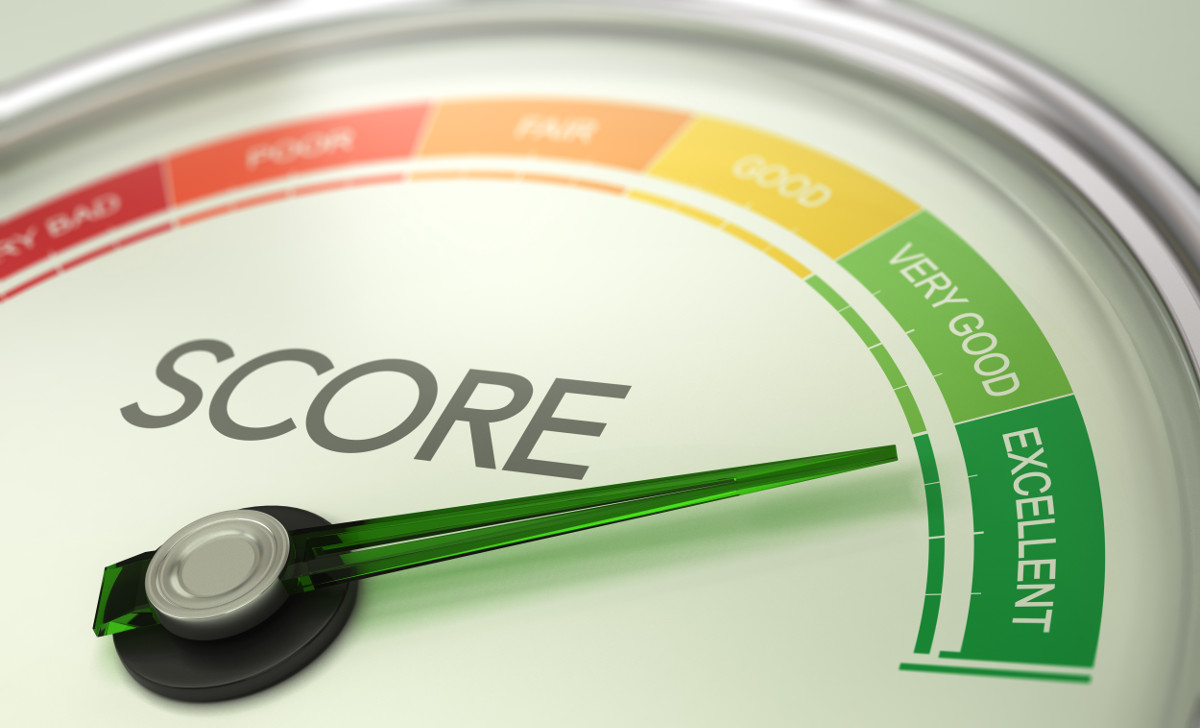How a Personal Loan Affects Your Credit Score

Your credit score helps provide a financial picture to lenders on your creditworthiness which basically means how likely you are to repay a debt. Obviously, it's important to maintain a good credit score if you want to access credit. If you're thinking about getting a personal loan, it's important that you know what it can do to your credit score. Like any consumer credit, it has the potential to help or harm your creditworthiness.
What Affects Your Credit Score?
Before we ask the question “how does a personal loan affect credit score?”, we must first understand just exactly how your credit score is calculated. According to FICO, your credit score can be broken down into 5 factors:
● Payment History (35%)
This factor has the highest percentage because it informs lenders just how likely you are to repay your debt. Making on-time payments, therefore, is crucial to building and maintaining a good credit score. A missed payment, on the other hand, can negatively affect your credit score.
● Amounts Owed (30%)
This is another huge factor in determining your credit score. This refers to the total amount of debt you have which includes credit cards, lines of credit, and personal loans. Obviously, the less debt you owe, the better your credit score will be. However, there is an exception. If you have no debt at all, then you have little to no credit history, which can negatively impact your credit score.
Another aspect you should consider with amounts owed is credit utilization. This is in relation to your credit cards. Credit utilization is the amount of credit you use divided by the total amount of available credit you have (credit limit). The more credit you use, the higher your credit utilization will be. It's important that you should have a credit utilization rate of 30 percent or less.
● Length of Credit History (15%)
Generally, the longer your credit history is, the better. How is this determined? Well, this takes into account the age of all your credit accounts (how long they have been open), the types of credit accounts opened, and the time that has passed since there was any activity on each account. Take note that it takes a minimum of 6 months for you to be able to establish your credit history. Without it, you don't have a credit score.
● Credit Mix (10%)
As the name suggests, this refers to the different kinds of credit you have. It is included in your credit score because it shows a lender that other lenders have already trusted you with their money and provided you with credit. While it only makes up 10% of your credit score, every little point helps so try to diversify your credit accounts. For example, if you have credit cards, you might want to get an installment loan to increase your credit mix. Just make sure that you don't open new credit accounts like an auto loan or a mortgage just for this unless you actually need it. A small personal loan or even your student loans will do.
● New Credit (10%)
Opening a credit account means you are planning on incurring additional debt. When you add more debt, you increase the financial risk you present to lenders because you may not be able to pay back their money. Applying for several credit accounts may indicate that you are desperate to borrow money or possibly overspending, both of which pose a great risk to lenders.
So, How Can a Personal Loan Affect a Credit Score?

Now that we know what goes into your credit score let’s talk about what exactly a personal loan can do to your credit score.
1. A Personal Loan Application Will Affect Your Credit
As we've already mentioned, opening new credit accounts will affect your credit score even by just a few points. Filling an application for a personal loan will cause an inquiry to be placed to see your creditworthiness. This inquiry will ding your score though it will be temporary – no more than a year or so. One of the most important steps on how to take out a personal loan is to make sure that you submit all your applications within 14 to 45 days. This will cause all the loan inquiries caused by the applications to be considered as one single application, preventing your credit score from getting dinged multiple times.
2. Your Personal Loan Will Affect Your Payment History
This can be good or bad for your credit score (assuming the lender reports to the credit bureaus). A personal loan is an unsecured installment loan that requires you to make monthly payments until the loan is paid off. Since payment history is worth 35% of your credit score, it is in your best interest to make sure that all your payments on that personal loan are made on time. One late payment can significantly damage your credit score while it can take years of on-time payments to maintain a good score. If you need to build up your credit score, getting a personal loan and making timely payments can help you accomplish that.
3. A Personal Loan Will Affect Your Amounts Owed
Getting a personal loan means adding to the total amount of debt you have. This can cause your score to go down in the short-term because it indicates that your risk has increased, as lenders may think you have taken on too much debt. You will earn those points back when you pay your balance down because you'll be lowering the amount owed.
However, for individuals with thin credit history, getting a personal loan can do just the opposite. Adding more debt adds to your credit history which creates a clearer financial picture for potential lenders. Without enough information, you are considered a risky “investment.” However, if you are able to add more debt and manage it well, you’ll be able to increase your credit score and be considered a good bet by potential lenders, and you can consider personal loans for good credit.
Speaking of amounts owed, it is important to take note that some lenders use your debt-to-income ratio as part of their own calculation of your creditworthiness. The debt-to-income ratio is the measurement of the amount of income you use to pay off your debt. Getting a personal loan can increase your debt-to-income ratio which may affect your score.
4. A Personal Loan Can Affect Your Credit MIX
If you have a credit card and a home mortgage, getting a personal loan may boost your score because you're adding a new kind of credit account which increases your credit mix. However, if you already have more than one personal loan, adding another one will most likely harm your credit score. And as we said, your debt to income ratio is a big factor for lenders. Remember, diversity is key to getting 100% of that 10%.
5. A Personal Loan Can Affect Your Credit History
Personal loans typically come with a repayment period that lasts more than a year. The longer you have been paying off a personal loan, the older the age of the account will be which, in turn, affects the average age of all your accounts. Why is this important? Well, it shows potential lenders that you have been able to maintain a good, long-term relationship with your current lenders. Of course, this presupposes that you have been able to make on-time payments throughout the life of the loan (see number 2).
However, you should take note that paying off your personal loan can actually lower your credit score. This is because closing a credit account will cause the average age of your open accounts to go down which is part of how the length of credit history is determined. While it is not possible for you to keep a personal loan open indefinitely, you should make sure that you keep any old credit cards open to help keep the average age of your accounts high. Doing so also improves your credit utilization ratio.


